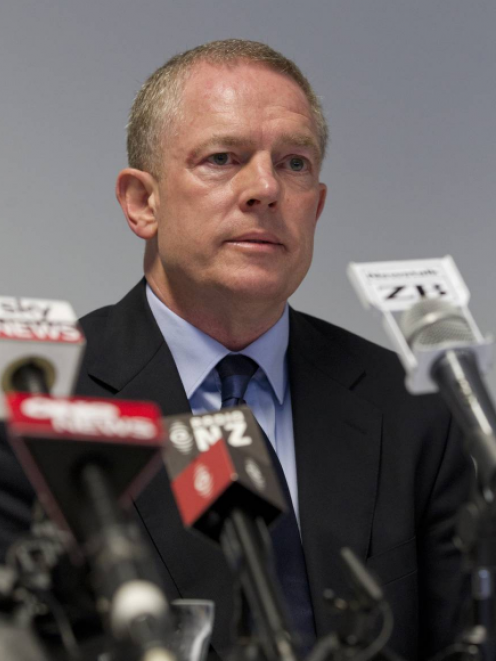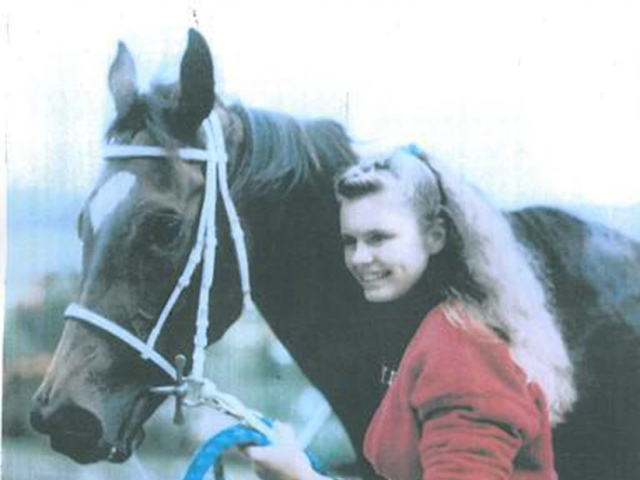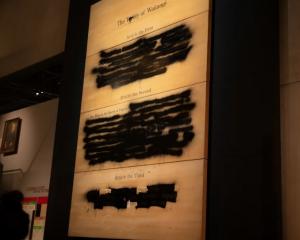
A Social Security Appeal Authority decision yesterday revealed the Ministry of Social Development has been using pseudonyms during clients' benefit reviews, a practice the authority labelled "repugnant to the most fundamental concept of justice".
The ministry argued it only used fake names for clients it considered a risk, and it was necessary to protect workers, particularly after a double murder at its Ashburton office in 2014.
But the authority ruled the ministry did not have the right to use fake names because it was a breach of natural justice, and referred its decision about the conduct of chief executive Brendan Boyle to the Solicitor-General for consideration.
"This authority cannot accept the chief executive filing documents that contain false information," it said. "He must now disclose the full extent of what is false. He must also verify the integrity of the whole record he has provided in his conduct of this appeal."
The woman at the centre of the case, Taranaki beneficiary Sonja Marie Lawson, said she will now seek compensation for distress caused, and breaches of natural justice.
She will also be able to have access to the names withheld from her, and will have time to find legal assistance before a new hearing.
Ms Lawson, who does not work because of a debilitating auto-immune disorder named myalgic encephalomyelitis, said she felt vindicated that finally she might get a fair chance.
"I think it's very unfair to use false names. Beneficiaries are at a disadvantage right from the beginning and this makes it damn near impossible to explain issues or get a fair go," she said.
Advocates believe the authority's unprecedented stand against the ministry may now lead to dozens more beneficiaries taking action.
"This has serious legal implications," said Kate Raue, from the New Zealand Beneficiaries and Unemployed Workers Union.
"We don't know how many others were affected by the decision to use fake identities, but it seems every one of them is entitled to a rehearing."
The fake names issue arose after Lawson appealed her case from the ministry's internal review body, the Benefits Review Committee, to the Social Security Appeal Authority last year.

During the appeal, a ministry manager wrote to the authority arguing Lawson's behaviour meant that the names of the committee members dealing with her also needed to be secret.
Until then, the authority was unaware the names and signatures on the documents it was dealing with from the committee were false.
It said it was extremely concerned because it had previously warned Boyle that the use of fake names was unlawful.
At that time, Mr Boyle gave an undertaking the practice would stop, the authority said. However, it had not. The authority listed a further seven times where Mr Boyle had used fake names, saying it was not acceptable.
"The concept of 'faceless' decision-makers in a statutory process of independent review is repugnant to the most fundamental concept of justice," it said.
"In New Zealand's open justice system, the most serious crime is prosecuted by prosecutors whose identity is not hidden, members of juries who do not have their identities concealed hear cases, and judges do not have their identities hidden either."
Without being identified, there was no way to ensure the members of the committee were not biased, or if they were fit to be on the committee, it said.
It said while Ms Lawson was aggressive and "consistently acted in ways against her interest", she was not at imminent or real risk of being physically violent, and so the ministry's justification for anonymity lacked substance.
Ms Lawson's lawyer, Tony Ellis, said he was "totally taken aback" when he found out the committee was concealing its members' names.
"I didn't think that kind of thing could happen in a civilised place like New Zealand," he said. "It's like 1984. What's next? An entire faceless ministry?"
Mr Ellis said the only other place he knew of such practices was in Peru, where judges wore hoods or sat behind screens to protect their identities from terrorists - a practice ruled unlawful by the United Nations.
Mr Boyle last night said the ministry was considering its legal position in relation to the decision.
He said the health and safety of his staff was absolutely critical.
"That is why we use pseudonyms for staff in the Remote Client Unit," he said.
"Pseudonyms protect them from being identified and potentially placed at greater risk of harassment, threats or even violence, both within and outside of their work environment."
He said he took the authority's decision extremely seriously.












